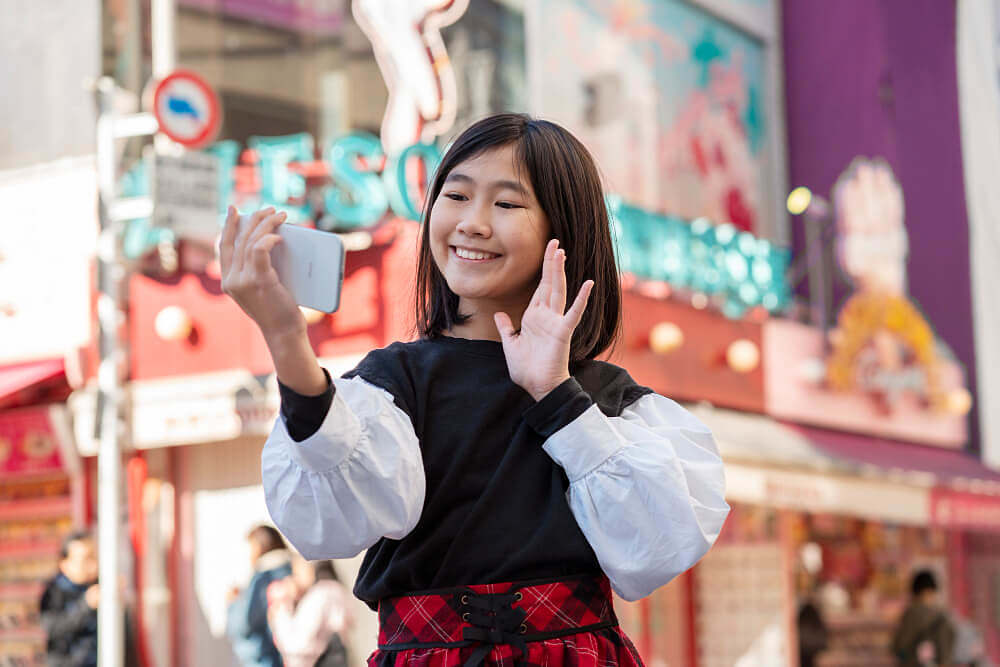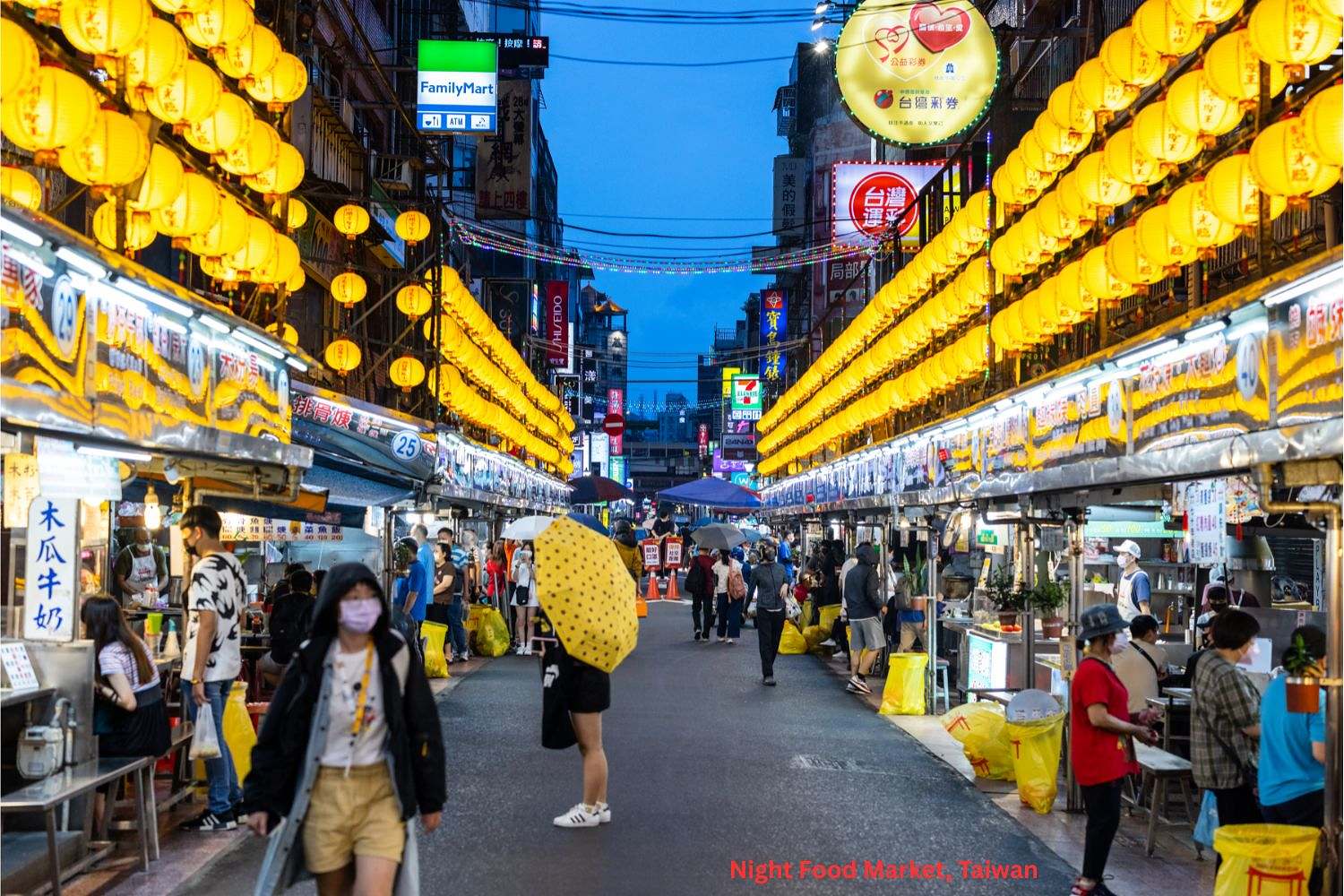Cultural Life in Taiwan: Exploring Taiwanese Traditions and Customs

Taiwan is a fascinating country with a rich blend of ancient traditions, modern influences, and unique cultural traits that distinguish it from its neighbors. The island’s dynamic culture has been shaped by indigenous heritage, Chinese influences, and Western interactions, creating a diverse and vibrant society. In this article, we will explore various aspects of Taiwanese culture, traditions, customs, and daily life, providing an insightful look at life in Taiwan.

A Glimpse into Taiwan’s Culture and Traditions
Taiwan boasts a distinct cultural identity that incorporates both modernity and tradition. The culture of Taiwan has been deeply influenced by Chinese heritage, especially due to the migration of Han Chinese people from mainland China over the centuries. At the same time, Taiwanese traditions are also reflective of indigenous cultures and practices that have been passed down through generations. Taiwan is a land where festivals, rituals, and celebrations form an integral part of life, showcasing the importance of both Taiwan customs and traditions.
1. Taiwanese Culture Facts
Taiwan is known for its blend of traditional Chinese customs, indigenous Taiwanese practices, and Western influences. With vibrant festivals, ceremonies, and modern lifestyle choices, the country offers an interesting cultural mix. Taiwan’s educational system, legal structure, and economic policies are influenced by both Chinese and Western models, making it a unique cultural hub in East Asia.
2. Taiwan’s Traditions: Festivals and Rituals
One of the most well-known Taiwanese traditions is the celebration of the Lunar New Year, where families gather to share meals, exchange red envelopes, and participate in prayers for prosperity and happiness. The Mid-Autumn Festival, marked by the sharing of mooncakes and appreciating the full moon, is another important event in Taiwan. Ghost Festival, celebrated in the seventh month of the lunar calendar, is a unique Taiwanese tradition where families pay respects to their ancestors by offering food, paper money, and incense. Taiwanese customs during these festivals are a vital reflection of the island’s deep-rooted respect for familial and ancestral ties.
3. Traditional Clothing and Arts in Taiwan
While modern fashion dominates everyday life in Taiwan, Taiwan’s traditional clothing is still worn during special events and festivals. The Hanfu, a traditional Chinese dress, is sometimes worn during ceremonies, while indigenous Taiwanese groups have their own distinctive attire that symbolizes their unique identity. Traditional arts such as calligraphy, painting, and puppet theater are essential parts of the culture of Taiwan, reflecting the country’s dedication to preserving artistic heritage.
4. Taiwan’s Lifestyle: A Modern Society Rooted in Tradition
The Taiwan lifestyle is a harmonious balance between the fast-paced, technology-driven modern world and a deep respect for tradition. In cities like Taipei, Taiwan’s capital, you’ll find cutting-edge infrastructure, trendy cafes, and vibrant night markets, all coexisting with temples, shrines, and cultural landmarks. Taipei culture embodies this fusion of the old and the new, with ancient temples standing side by side with towering skyscrapers.
5. Taiwanese Customs and Etiquette
When visiting Taiwan, it’s important to be aware of certain customs in Taiwan. Respect for elders is a cornerstone of Taiwanese culture, and greeting others with a polite bow or nod is common. Additionally, removing shoes before entering someone’s home is a widespread practice. Gift-giving is also an essential Taiwanese tradition, especially during festive occasions or formal events. It is customary to present gifts with both hands as a sign of respect.
What is Taiwan Known For?
If you’re wondering what Taiwan is known for, there are a few cultural and natural wonders that stand out. Night markets are among the most famous aspects of Taiwanese culture, offering a wide variety of food, entertainment, and shopping. Bubble tea, also known as pearl milk tea, originated in Taiwan and has become a global phenomenon. Taiwan is also renowned for its temples, such as the Longshan Temple in Taipei, which is a testament to the island’s religious diversity and traditional architecture.
Taiwan’s mountainous landscapes and stunning coastlines make it a paradise for outdoor enthusiasts. Taroko Gorge and Alishan are two of the most visited natural sites, showcasing the country’s natural beauty alongside its cultural richness. Furthermore, Taiwanese people are known for their hospitality, making visitors feel welcome as they explore the island’s unique cultural offerings.
Taiwanese Traditions and Modernity: A Balanced Coexistence
Despite Taiwan’s rapid modernization, the culture in Taiwan remains deeply tied to tradition. Family remains the most important social unit, and Taiwanese customs and traditions continue to be practiced in daily life. Taiwanese features, such as the balance between respect for heritage and openness to modernity, set Taiwan apart from many other nations in the region.
Facts About Taiwan Culture: A Summary
Here are a few key facts about Taiwan culture to consider:
- Taiwan’s culture is influenced by Chinese, indigenous, and Western elements.
- Taiwanese traditions include important festivals such as the Lunar New Year, Mid-Autumn Festival, and Ghost Festival.
- Taipei culture blends traditional elements like temples with modern aspects like night markets and skyscrapers.
- Taiwan is famous for its night markets, bubble tea, and breathtaking natural landscapes like Taroko Gorge.
- Taiwanese customs emphasize family values, respect for elders, and proper etiquette in daily interactions.

Taiwan’s Culinary Culture
No article on Taiwan’s culture would be complete without mentioning its culinary richness. Taiwanese cuisine is one of the most diverse in Asia, with influences from mainland China, Japan, and indigenous cultures. Night markets are a hallmark of Taiwanese lifestyle, providing not only a place to eat but also a space for socializing and enjoying entertainment.
Traditional Taiwanese Dishes
Among the most famous dishes in Taiwan are beef noodle soup, dumplings, and xiao long bao (steamed soup dumplings). Additionally, Taiwan’s traditional offerings like stinky tofu and oyster omelets are popular at street stalls, and visitors flock to experience the bold and unique flavors. The blend of sweet, sour, salty, and spicy creates a balance that reflects Taiwan’s culture: a mixture of contrasts that come together harmoniously.
The Global Reach of Taiwanese Cuisine
Taiwan is the birthplace of bubble tea, which has gained international fame and become a global trend. This drink, with its chewy tapioca pearls, exemplifies how Taiwan’s culture has influenced global food culture. In major cities around the world, you can find bubble tea shops, a testament to how Taiwanese features have been embraced far beyond the island’s borders.
Whether it’s the celebration of traditional festivals, the unique culinary experiences, or the juxtaposition of ancient customs with modernity, life in Taiwan offers a rich cultural experience. The culture of Taiwan stands out for its strong family values, religious diversity, and deep-rooted traditions, which are still very much alive in the fast-paced, evolving society.
By exploring Taiwan’s culture and traditions, visitors and locals alike can appreciate the unique charm of this island nation and how it continues to maintain its cultural identity in a globalized world. If you’re looking to experience the best of both traditional and modern worlds, Taiwan is the perfect place to immerse yourself in cultural richness.
What Language Do They Speak in Taiwan?
A Friendly Guide to the Island’s Unique Linguistic Mix Taiwan is more than just night markets, bubbl…
Expat Life in Taiwan: Culture, Comfort, and Unexpected Perks (+Checklist)
Why Expats Are Flocking to Taiwan Ask any expat what drew them to Taiwan, and you’ll likely hear one…


